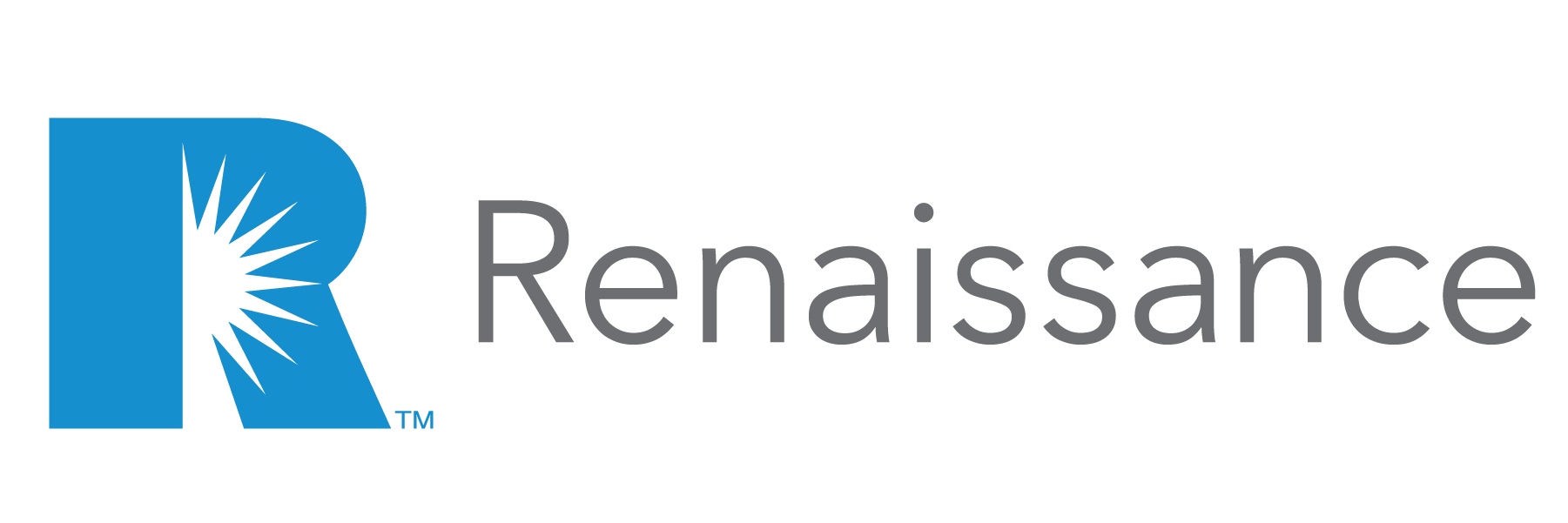There are a variety of ways in which you can increase insurance agency revenue. One might say that an independent agent’s success is limited only by three things: time, resources, and how you manage your business to maximize those first two elements most efficiently.
In order to acquire more clients, continuously drive revenue, and remain profitable in the long term, an independent agency must continually evolve. This means looking beyond the ways in which you’ve always conducted your business and embracing new ways of working, while simultaneously balancing your appetite for new customers against your available resources.
In this piece, we will focus on five key ways in which you can increase insurance agency revenue – and the questions you should be asking in order to truly maximize your agency’s profitability.
1. Rethink your approach to customer service
Customer service expectations are higher than ever, and one of the greatest challenges for independent agencies is bandwidth. Many agents will tell you that gaining new business isn’t as much as a challenge as servicing the clients they already possess.
Whether you’re looking to get a better handle on serving your current customers or seeking additional clients, however, reconsidering your current approach to customer service will provide you renewed perspective on how your agency can work more efficiently. Exceptional customer service is at the core of the independent agency’s value position; after all, why else why else would your customers buy from you than from a direct writer?
First, consider your current staffing levels. Do you have enough staff to handle your current workload? Are you or your agency staff spending excessive amounts of time handling administrative tasks (like billing and invoicing) when you could be focused on serving clients?
Honest, realistic self-assessment is key here. If you feel your agency’s ability to serve clients needs improvement, then you have two choices: you can hire more capable hands (which may not be as expensive or as difficult as you think) or you can shift some of the time-consuming, back-office work that’s hurting your efficiency to a partner who can take on those tasks for you.
Providing the proper coverage options to your clients is paramount. To that end, most agencies could use access to a greater number of insurance markets in order to best serve your customers. There are a limited number of agency aggregators or networks that could provide you with access to more carriers in addition to dedicated placement services to help your agency secure coverage for hard-to-place risks.
2. Recognize and tap into your potential revenue from cross-selling
Consider for a moment that across all industries, the average cost to win a new customer is estimated at five times higher than selling to an existing customer. When it comes to gaining new insurance customers, that cost is even higher.
It has been well documented that increasing the number of policies per client not only delivers more revenue, but it also improves client retention and customer loyalty. Wouldn’t you like to have all three?
There’s a good reason why more insurance agencies don’t make cross-selling a standard part of their sales process: many agencies don’t have easy access to the type of customer data that clearly illustrates which clients can be upsold.
However, the proper technology tools can help sift through your agency’s data and show you exactly which customers carry only a single policy with you. Remember that when it comes to personal lines in particular, the average agency’s book of business contains between 25% and 35% worth of clients who buy only one policy. Conversely, multi-line policy customers make better clients, bring more lifetime value to your agency, and generate more revenue and premium over time.
Cross-selling isn’t just a practice; it’s a mindset – an agency-wide strategy that principals must embrace fully and emphasize with their CSRs in order to be truly successful at it. Financial incentives are one way to motivate your staff; creating a competition that awards the highest converter to multiple policies is one option that can yield your agency successful results.
3. Reassess your carrier partnerships to maximize your compensation
Longtime agency principals are aware that the fortunes of the insurance industry change like the weather; so too do the fortunes of insurance carriers. It’s always to the advantage of the agency owner to continually assess your relationships with your carrier partners to ensure your agreements remain mutually beneficial.
Maintaining solid relationships with your carriers can be a complex task, and there are a good number of things you should be doing to preserve those partnerships with your carriers. Knowing what your carriers want most from you is a vital step in working toward your mutual benefit.
Savvy owners know to continually ask the question: Is my agency getting the compensation it deserves for the business we’re placing with our carrier partners? If not, some remarketing might be in order. An agency aggregator would be of valuable assistance in this regard, enabling you to receive the maximum benefit for your agency’s written premium and providing you access to an expanded panel of insurance markets.
4. Diversify your agency’s revenue streams
Diversifying your revenue streams is essential to ensuring that your agency is financially well balanced. This includes not only maintaining a mindful balance between personal and commercial lines (which has become increasingly important in the currently challenging environment for personal lines), but also a mix of profit sharing, commissions, and growth incentives.
Preserving your agency’s profit-sharing revenue has become more challenging of late, and gaining strength in numbers as part of an agency aggregator can empower you to hit your premium targets with your carriers and help secure you better returns. Earning better commissions is also made easier by joining an agency network, which enables you to reach more markets – and, in turn, help you serve a wider and more diverse array of clients.
Negotiating growth incentives based on new business production is another way to increase insurance agency revenue. Most carriers only enter into such agreements with agencies of a certain size or ones that deliver a profitable book with them, so they may or may not be available to you as a stand-alone agency. Again, you can achieve the best payouts for growth incentives when partnering with an agency aggregator that’s able to negotiate with multiple insurers on your behalf.
5. Consider the benefits of joining an agency network to increase profitability
As the current environment for M&A at the agency level remains healthy, as an agency owner you may receive semi-regular inquiries about selling your agency. While it’s nice to be asked, chances are you’d rather stay in the game and remain the leader of the business you’ve endeavored to build. As Al Diamond, President of Agency Consulting Group Inc. in Cherry Hill, N.J., and a longstanding expert on valuating insurance agencies, puts it, “Retirement is vastly overrated.”
If you’d rather continue to lead your agency and work to ensure its longevity, there are distinct advantages to joining an agency network – some of which we’ve already covered here, and others which can also help make your agency more efficient as well as more profitable.
The right agency aggregator should always give you the sense that you’re getting more benefits than you’re paying for with your membership. While not all agency networks are created equal, a premier aggregator provides you with:
- Access to a wide range of carriers, increasing your options to serve clients
- Profit sharing and fixed compensation for the business you write
- Placement teams that work with you to secure coverage for commercial lines risks
- Freedom from minimum-volume requirements
- Specialists dedicated to growing your agency
- User-friendly technology that helps your agency make money
- Help with billing and invoicing, which takes time-consuming administrative work off your plate
- Experts who can guide your agency marketing efforts
- Assistance in managing your carrier relationships, providing you more time to sell
Membership with the right aggregator should also provide you complete autonomy when it comes to running your agency. One of the more common concerns for agency owners who are considering an aggregator is losing control of your agency if they join; any agency network contract should spell out exactly who will be making all of your agency’s most important decisions, and that person should always be you.
In the end, the aggregator that’s “best” for you is the one that’s focused on your agency’s growth. Go with a network that provides resources specifically devoted to increasing your profitability.
Continually driving revenue is key to not only keeping your agency profitable, but also to growing your business over time and increasing your agency’s valuation. The process is long and multi-faceted, but by combining the right resources with the proper focus, your agency will thrive for years to come.



